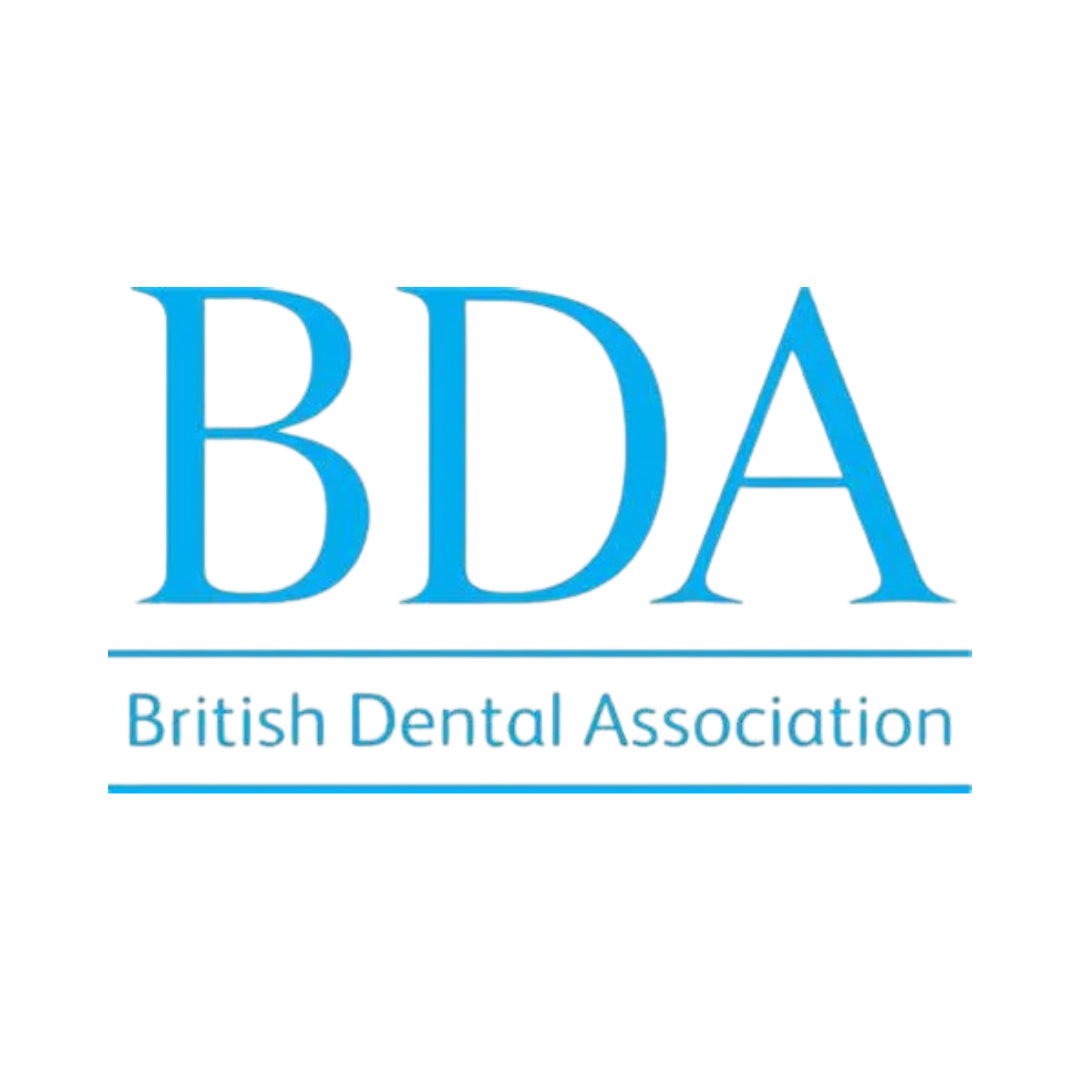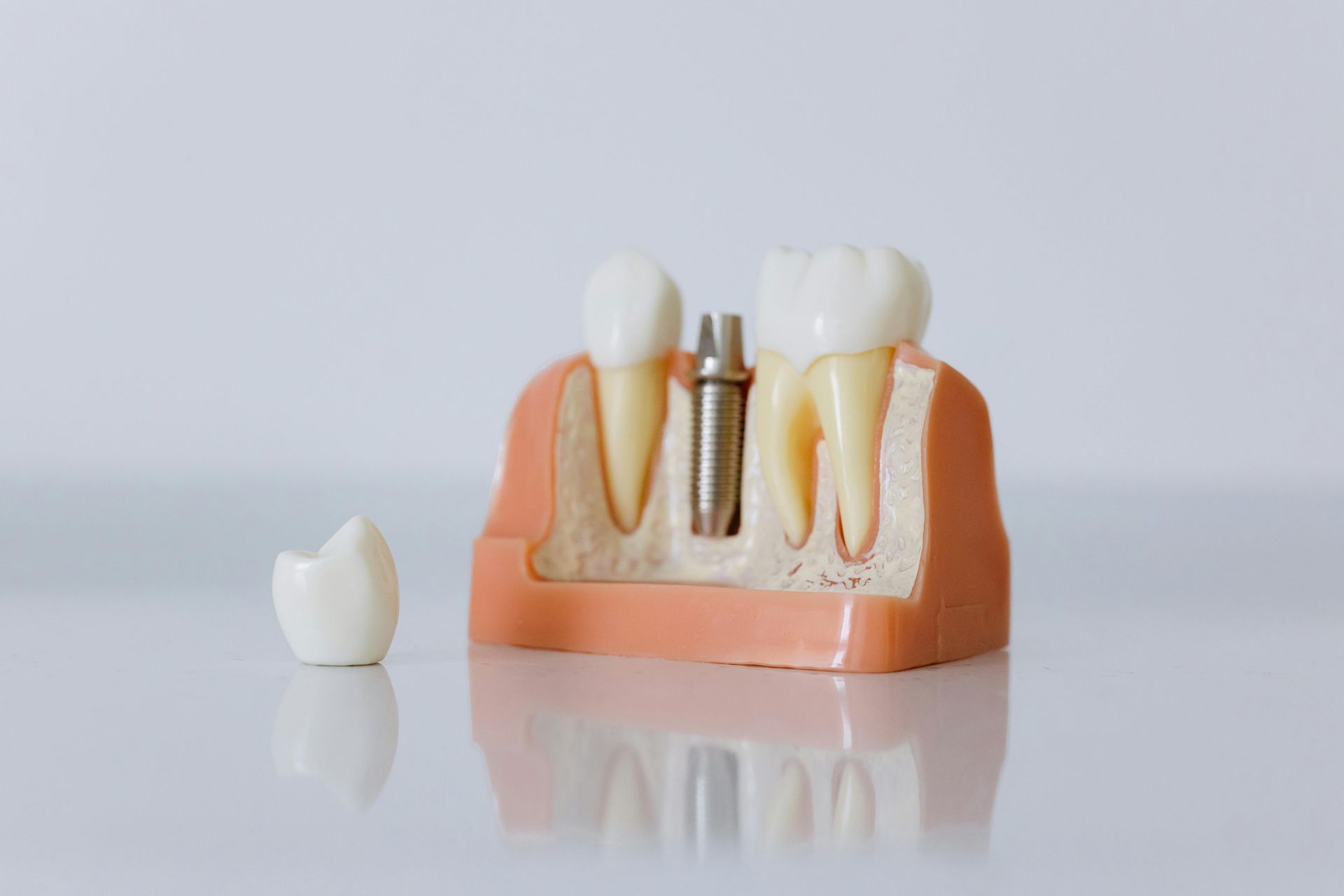
TMJ Disorder in London
Struggling with jaw pain or difficulty moving your jaw? TMJ disorder in London can make everyday tasks like eating or talking uncomfortable. As one of the body’s most-used joints, your jaw deserves expert care.
TMJ Disorder in Ealing
Struggling with jaw pain or difficulty moving your jaw? TMJ disorder in Ealing can make everyday tasks like eating or talking uncomfortable. As one of the body’s most-used joints, your jaw deserves expert care.
Why Choose a Dentist in Ealing for TMJ Disorder?
Our experienced Ealing dentists offer personalised care to address TMJ disorder in Ealing, helping you eat, speak, and smile without pain. We understand jaw issues can feel overwhelming, so we explain every step, ensuring you feel confident and supported.
What Is TMJ Disorder?
What to Expect During Your Visit
Aftercare & Healthy Habits
What Is TMJ Disorder?
TMJ disorder affects the jaw joint and the muscles that control jaw movement, often leading to pain, clicking sounds, or restricted movement. It can be caused by teeth grinding, jaw misalignment, stress, or injury. Left untreated, it can interfere with eating, speaking, and daily comfort. Your dentist in Ealing will assess your symptoms and may recommend a custom-made splint, lifestyle changes, or a specialist referral to relieve discomfort and improve function.


At your first appointment, your dentist in Ealing will carefully examine your jaw, ask about your symptoms, and may take impressions for a custom appliance. Treatment often includes wearing a splint to relieve pressure on the joint, improving jaw alignment and reducing pain. You’ll return for a fitting and adjustments to ensure the appliance works effectively. Further reviews may be scheduled to monitor progress or update treatment as needed.
What to Expect During Your Appointment


Aftercare & Ongoing Visits
After your appliance is fitted, you may need a short period of adjustment. Your dentist in Ealing will provide clear instructions on when and how to wear it. It’s also important to monitor your jaw pain, avoid chewing gum or hard foods, and use stress-reduction techniques. With the right care and professional guidance, most people find long-term relief from TMJ disorder and enjoy improved comfort in everyday life.
Call Now & Book your appointment
Simple Booking
Easy online, phone or WhatsApp appointment scheduling.
Friendly Experts
Skilled, caring team focused on your comfort and care.
Modern & Calm
State-of-the-art clinic in a relaxed, welcoming space.
Results That Last
Personalised treatments designed for natural, long-term results.
NEED TO KNOW
Appointments
- Expect at least two appointments with a Ealing dentist.
- At the consultation, your dentist in Ealing will assess your symptoms and suggest treatments, such as a splint, or refer you to a specialist or physiotherapist if needed. Impressions may be taken for a custom appliance.
- At the next visit, your splint will be fitted and adjusted.
- Further appointments may be needed for fine-tuning.
How Long It Takes
- Consultations take about 30 minutes, longer if impressions are needed.
- Fitting the appliance takes around 30 minutes.
You May Be Asked About
- Your dental and medical history.
- The type and duration of jaw pain or symptoms.
Before Your Appointment
No special preparation is needed.
After Your Appointment
Follow your Ealing dentist’s care instructions.
Your Trusted Dentist in Ealing
Book Your Dental Appointment in Ealing Today
Don’t let jaw pain disrupt your life. Our skilled Ealing dentists provide effective TMJ disorder treatments in Ealing to restore your comfort. Contact us today to book a consultation with a trusted dentist in Ealing.
FAQs
What causes TMJ (jaw joint) pain?
TMJ disorder often stems from factors like teeth grinding (bruxism), poor posture, stress-induced muscle tension, jaw misalignment, or arthritis. Symptoms can include jaw pain, clicking sounds, limited movement, headaches, or ear discomfort.
How is TMJ disorder diagnosed and treated?
Your dentist in London will examine jaw movement, assess pain points, and may take imaging if needed. Initial treatments typically include a custom occlusal splint, gentle jaw exercises, and stress management. In more complex cases, physiotherapy, injections, or referral may be recommended.
Can a splint really help relieve jaw pain?
Yes—a custom-made splint, worn at night or during stress, helps redistribute pressure across the joint and muscles, easing pain and reducing teeth grinding. Most patients find relief within weeks. Splints are widely used to treat TMJ disorder in London before considering irreversible options.
What self-care steps help manage TMJ symptoms?
Relaxation techniques, posture improvement, avoiding jaw strain (e.g., chewing gum or hard foods), and practising gentle jaw stretches can all support healing. Stress reduction and ergonomic habits also significantly ease symptoms.
How long does it take to see improvement?
Many patients experience relief within weeks, while full recovery may take a few months, especially with consistent splint use and exercises. Ongoing monitoring with your dentist in London ensures the best long-term outcome.
When is further treatment or referral needed?
If symptoms persist after 3 months, your dentist may suggest additional interventions—such as muscle relaxants, joint injections, or specialist referral for physiotherapy or surgical evaluation. Conservative care remains the first approach.










